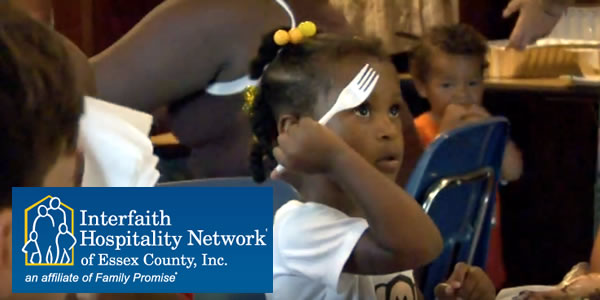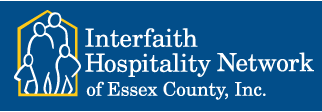Parashat Va’et’hanan/Shabbat Nahamu
Deuteronomy 3:23 – 7:11
In our reading Moses explains to the children of Israel how fortunate they are. He has begged and pleaded with God to allow him to enter the Promised Land. But God has not accepted his plea. On the other hand, the people of Israel, despite whatever fears and hesitations they may feel, will be entering the Promised Land almost as soon as Moses will die.
The Israelites are fortunate. But, explains Moses, their good fortune is contingent on their holding fast to their covenant with God. “It will be a righteous gift (- tzedakah) for us when we take care to perform all of this commandment before God, our Almighty, as God commanded us.” (Deut. 6:25) As the excellent modern commentator, Richard Elliot Friedman, has noted. The word “tzedakah” appears here after a long absence from previous Torah teachings. It is found a few times in Genesis, but is then missing from the rest of the Torah until now. This is another example of hoe Moses recapitulates the Torah, closing the circle begun in Genesis.
The first instance where this word appears, surely meant to be recalled as we hear it again in Moses’ exhortation, is in reference to Abraham’s reaction to God’s promise that he will have children who will take his values and continue them into the future. God gave this promise to Abraham when Abraham had no children at all. Yet, Abraham “trusted in God and He accounted this for him as a righteous gift (”tzedakah”).” (Gen. 15:6)
Moses is telling the Children of Israel that it is now up to them to adopt Abraham’s legacy of giving tzedakah to God, thereby bringing Abraham’s tzedakah to fruition. But there is a basic difference in how Abraham gave this gift of tzedakah to God and how his descendants are to do so. Abraham’s gift was his trust and faith. But our gift is performance of the commandments. Of course Moses expects Israel to trust in and be faithful to God. Moses even calls us, in the Sh’ma – also found in our Torah portion – to love God. Yet that is not what Moses singles out as the essential way that we fulfill Abraham’s quest.
There is a distinctly modern sense to Moses’ message. We are the heirs of a tradition begun and developed by people of great faith. But we may not necessarily feel that faith, ourselves. Still, our link to our tradition can be maintained. It is almost as if he is saying, “Even if faith in God is too difficult, too alien, there is, nevertheless, a truly profound choice you can make to continue to keep faith with your heritage. The way is by performing the mitzvot, the actions mandated by our tradition as recorded in our Torah.”
This sounds modern, but the idea is already found in our ancient tradition. In the rabbinic commentary on the Book of Lamentations, the book read this past week on the Ninth of Av, the Rabbis imagine God to say, “If only they would abandon Me, but at least still keep My Torah!” (Eikhah Rabbati, Petihta B) And the Rabbis add, in explanation, “Because the light within the Torah would then bring us back, even to God.” Even if we cannot see the path of the Torah as a path of faith, we may still approach it as a path of light. This is a fitting message for this Shabbat of Consolation.
Shabbat Shalom,
Rabbi David Greenstein
![]()
Subscribe to Rabbi Greenstein’s weekly d’var Torah
Shomrei as a community has taken on the obligation to house homeless families at the shul from Aug 20-27. We need volunteers to help us in this necessary Mitzvah. Please help, sign up at http://shomrei.org/ihn
image: screen capture from IHN video “IHN A Home of My Own“.
- Toby Stein: In Memoriam - Thu, Feb 8, 2024
- Faithfulness and Hope: Parashat Sh’lach - Thu, Jun 23, 2022
- Past Their Prime: Parashat B’ha`a lot’kha - Thu, Jun 16, 2022


